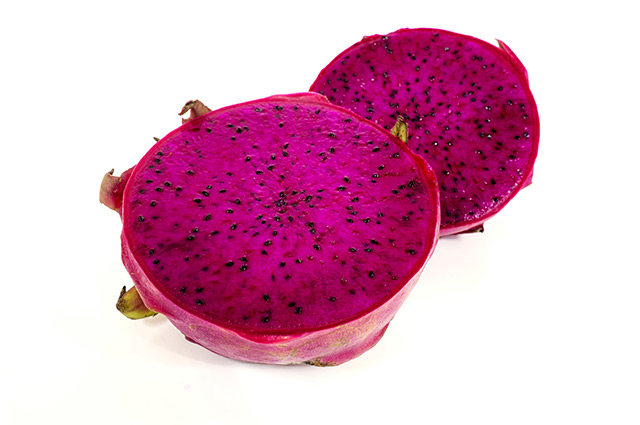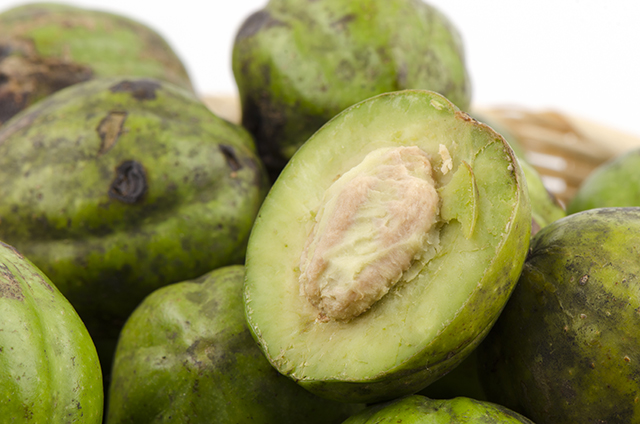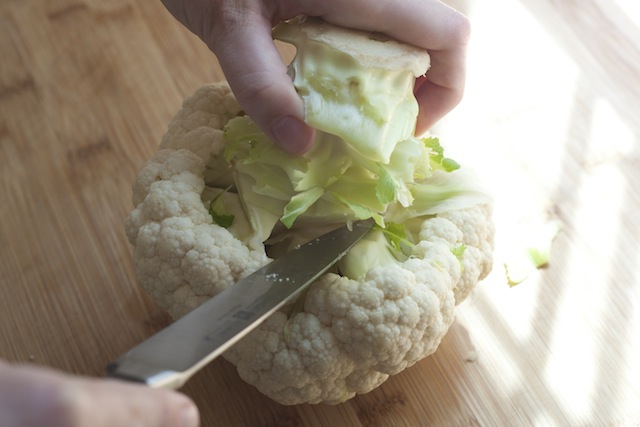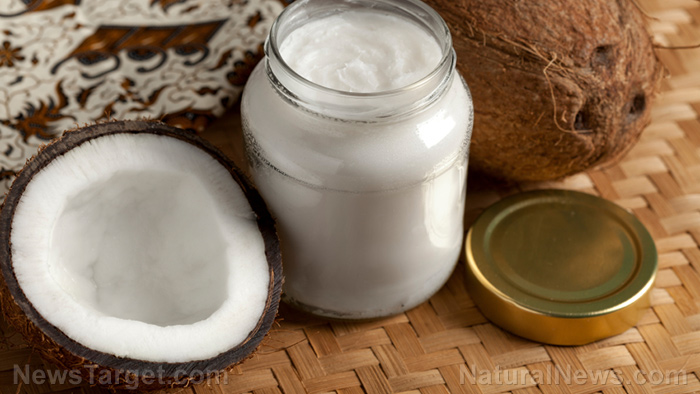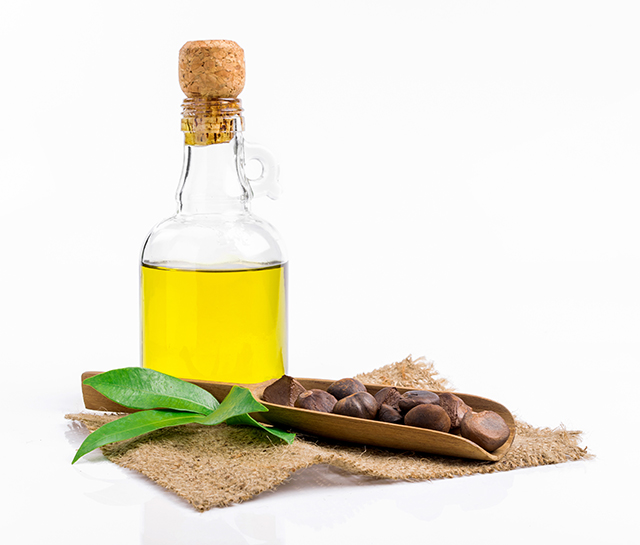Once revered as an exclusive royal delicacy, the pistachio nut is now being recognized as a great healing food
06/06/2018 / By RJ Jhonson

Legend has it that the Queen of Sheba, made infamous by her wealth and association to King Solomon, declared pistachios a delicacy exclusive for royal consumption. Modern research indicates the ancient monarch may have had it right, with numerous studies touting this nut’s healing properties and many health benefits.
The pistachio’s small size belies its hefty nutritional content. It contains high levels of B vitamins, namely thiamin (B1), riboflavin (B2), niacin (B3), pantothenic acid (B5), and pyridoxine (B6). These nutrients help your body convert the food you eat into energy. It is also rich in vitamins A, C, and E that help keep your cells healthy.
The nut’s abundant levels of vitamin K has driven research into how pistachio consumption can benefit diabetics. In clinical studies, this nutrient is noted for its role in reducing the incidence of Type 2 diabetes.
A randomized clinical trial examined the effects of regular pistachio consumption on prediabetics. The subjects ate two ounces (57 grams) of nuts every day for four months. Compared to a control group, those with pistachios in their diet showed improved insulin resistance and lower fasting glucose levels.
The authors hypothesized that eating pistachios increased the participants’ levels of GLP-1, a hormone found in the stomach that helps control the release of insulin, resulting in stable glucose levels in their blood. (Related: Pistachio Power: Lowers Cholesterol and Blood Sugar, Relieves Stress.)
But eating lots of pistachios can’t be good for your heart, right? Pistachios are nuts, after all, and nuts are fatty.
The good news is that while pistachios do contain fat, they are not as fatty as other nuts. In fact, they have more heart-friendly unsaturated fat than saturated fat.
A clinical trial found that replacing a percentage of your fat calories with those provided by pistachios can significantly lower your cholesterol levels. Additionally, the nuts contain plenty of potassium which lowers your blood pressure.
Pistachios get their green color from carotenoids, specifically lutein and zeaxanthin. These plant pigments are also found in your eyes’ retina, so eating nuts may help delay the onset of serious age-related eye conditions like macular degeneration.
Are you trying to lose weight? A randomized 12-week trial compared weight loss between participants who snacked on pretzels and those who munched on pistachios. The latter group exhibited a greater reduction in both weight and body mass index (BMI).
The researchers hypothesized that aside from having a healthy unsaturated-to-saturated fat ratio, the nuts also increased the participants’ feeling of fullness, which aided in reducing caloric intake. It is worth noting that pistachios are also rich in insoluble fiber that helps improve digestion.
A possible cure for cancer
Pistachios have long been thought to treat various serious diseases and modern science endeavors to test these claims. Researchers are looking not just into the nuts themselves, but also the pistachio’s hull to determine its viability as a treatment for cancer.
A pistachio nut contains several nutrients that studies indicate to have anti-cancer properties. These include vitamin K and the minerals selenium and zinc.
Furthermore, extracts from pistachio hull were observed to possess the ability to protect body cells from damage because of peroxidation. Analyses also revealed the extracts’ ability to induce apoptosis or normal cellular death.
The development of cancerous tumors is often attributed to either the proliferation of aberrant cells or to lowered rates of apoptosis, which means that very few of one’s cells die. In vitro evidence suggests that pistachio hull extract may correct this abnormality.
Pistachios are indeed a delicacy fit for a real queen, but there is no reason you shouldn’t have them as part of your diet and reap their many health benefits.
Read more stories on natural treatments at Remedies.news.
Sources include:
Tagged Under:

